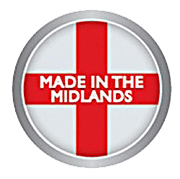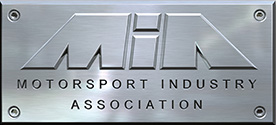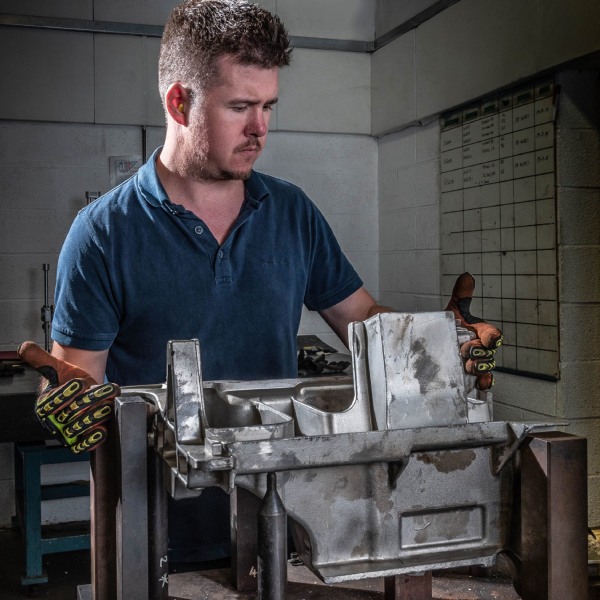Alloy Heat Treatment: Mastering Mechanical Setting Techniques
Setting in Alloy Heat Treatment
In the world of alloy and aluminium heat treatment, achieving precise standards and tolerances is not just a matter of expertise; it’s an art. One crucial aspect of this intricate process is mechanical setting, where the artistry of hammering takes centre stage. At Alloy Heat Treatment, based in the UK, we specialise in delivering superior metallurgical solutions, ensuring that the materials we treat meet the highest industry standards.
Understanding Mechanical Setting Techniques:
Mechanical setting techniques, specifically hammering and pressing, play a pivotal role in the heat treatment process. Hammering, the more common of the two, is typically performed in either the annealed or freshly quenched state, particularly for aluminium alloys. However, the precision required in these techniques cannot be overstated. Improper execution may result in surface damage or cracking of the products, underscoring the importance of consulting specialists or metallurgists to remedy material distortion effectively.
The Setting Process:
The setting process is designed to eliminate distortion in the solution treated condition when products are still ductile. This involves manual or mechanical correction techniques that plastically manipulate the material, taking advantage of the low proof stress in the freshly solution treated state. The benefits of mechanical setting are vast, including increased material strength and hardness, improved dimensional stability, enhanced resistance to fatigue, superior wear resistance, and reduced susceptibility to stress corrosion cracking. In essence, without mechanical setting, the quench distortion would render many aluminium alloy parts unsuitable for heat treatment.
The Importance of Mechanical Setting in Meeting Standards and Tolerances:
Safety:
Aerospace and automotive industries demand high-performance and reliable materials for ensuring safety. Material distortion can compromise the structural integrity of components, leading to operational failures. Correcting material distortion through mechanical setting guarantees that the components meet stringent safety standards, ensuring their safe and reliable performance.
Efficiency:
Material distortion can result in dimensional inaccuracies and surface defects, negatively impacting the efficiency of components. Mechanical setting rectifies these distortions, ensuring that components meet required specifications, enhancing efficiency, reducing downtime, and ultimately increasing productivity.
Cost:
Material distortion often leads to increased scrap and waste, elevating production costs. Mechanical setting minimises waste, increasing the yield of usable components and contributing to cost savings in the manufacturing process.
Quality:
Distorted materials can exhibit surface irregularities and defects, affecting the overall quality and aesthetics of the final product. Mechanical setting guarantees that components meet rigorous quality standards, ensuring not only structural integrity but also an appealing appearance.
Reliability:
In the engineering sector, reliability is paramount. Material distortion can compromise material properties, leading to premature failure. Correcting material distortion through mechanical setting ensures that components remain reliable and capable of performing their intended functions over their entire service life.
Setting: Heat Treatment Services
At Alloy Heat Treatment, mastering mechanical setting techniques, especially the art of hammering, is at the core of our commitment to delivering excellence in alloy and aluminium heat treatment. The precision and expertise applied in these processes ensure that the materials we treat not only meet but often exceed industry standards, setting a benchmark for safety, efficiency, cost-effectiveness, quality, and reliability in the aerospace, automotive, and engineering sectors.
Visit our Setting Services Page to explore how Alloy Heat Treatment can elevate your game. You can get your free quote today by contacting us via contact form, via email or via phone call, to speak to one of our friendly and knowledgeable team.








